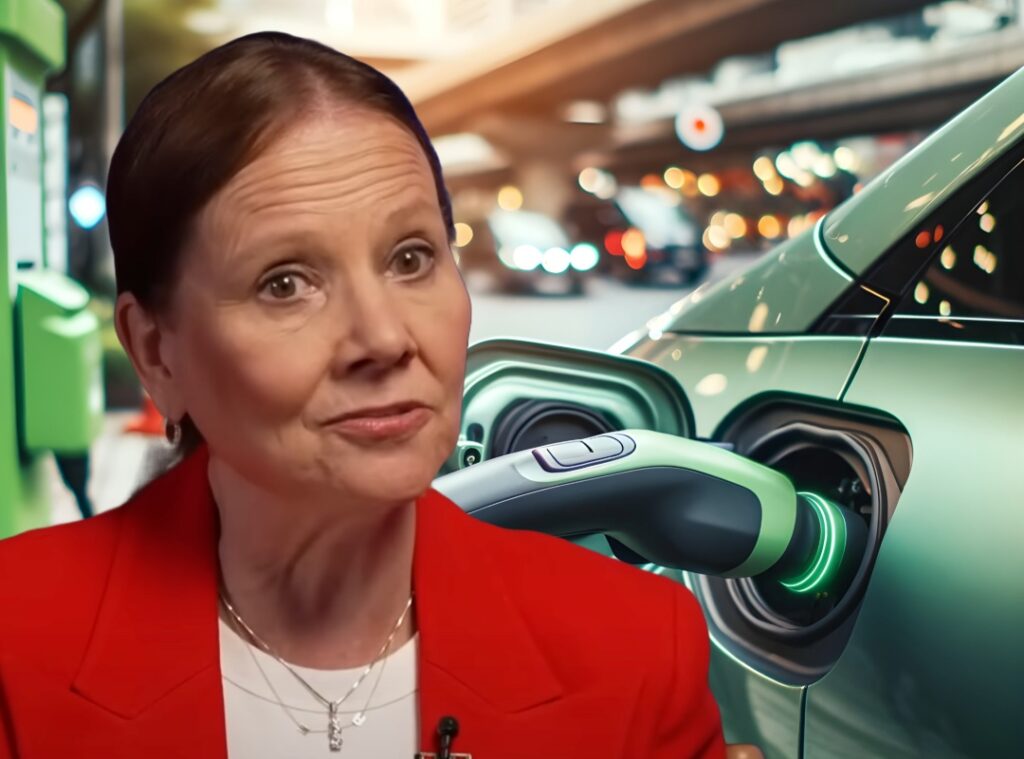Developments show that the path to fully electric mobility is not linear and that car manufacturers must adapt to changing market conditions and technological challenges.
Several major automakers, including General Motors (GM), are rethinking their strategies regarding EVs and plug-in hybrid vehicles (PHEVs). The car manufacturer, which previously focused entirely on fully electric vehicles, recently announced that it will again offer plug-in hybrid options. The move follows challenges GM encountered with the production and delivery of its first all-electric vehicle, the Chevy Bolt EV, and delays in some of its key new EV programs.
Despite previous promises to transition completely to electric vehicles (EVs), CEO Mary Barra has confirmed that the company will return to the production of plug-in hybrid cars, a decision that has taken the industry and consumers by surprise. Barra did not provide specific details on the volumes or specific models that will receive a plug-in option, but her comments on the technology already existing in specific programs in other markets, particularly China, may point to the use of the same models. Other automakers, like Tesla, have undoubtedly found ways to profitably volume-produce all-electric vehicles.
Daling
Global demand for EVs, while still growing, has declined in recent times. This slowdown has consequences for the entire automotive industry. Sales of electric vehicles in Germany, including plug-in hybrid models, fell by 16% last year and are expected to decline further in 2024.
The EV market also faces other challenges such as high costs, insufficient infrastructure and range concerns, especially in the truck sector. Mike Kucharski, co-owner of JKC Trucking, emphasized the need of reliable technology in the transportation sector, as disruptions in this sector could have catastrophic consequences, especially for America's food supply chain.

General Motors CEO Mary Barra confirmed the company is returning to production of plug-in hybrid cars.
Ford, one of the largest automakers in the world, recently scaled back their EV production due to a growth rate that is rising more slowly than previously expected. This adjustment follows a period of significant investment in electric mobility and highlights the challenges many traditional car manufacturers face in the transition to electric propulsion.
Tesla, led by CEO Elon Musk, is also not spared from these industry-wide problems. Musk warned last week of a significant slowdown in sales growth this year. This news had a direct impact on the stock market; shareholders saw as much as $80 billion of Tesla's market value disappear the day after the announcement. The drop in value is a clear sign of reduced investor confidence in the short-term prospects of the EV market.




